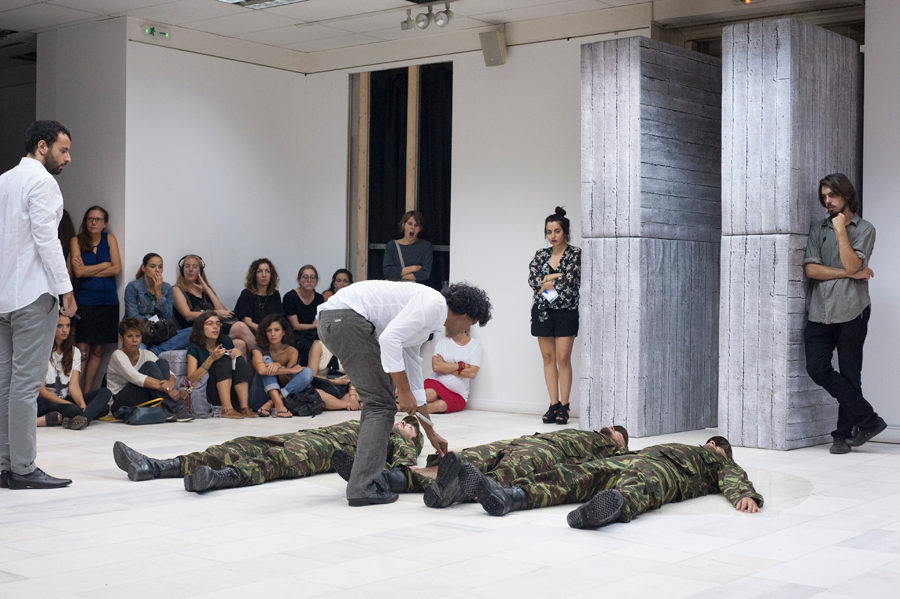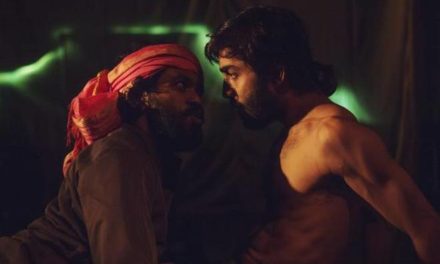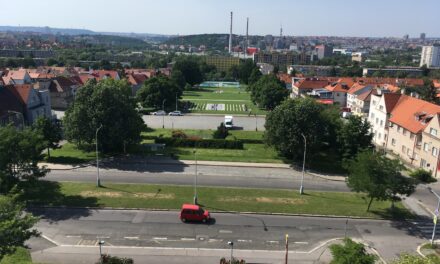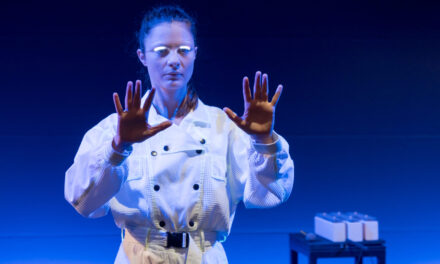What a surprise it was back in 2014 when Adam Szymczyk, Artistic Director of documenta, Germany’s most renowed and debated international exhibition of contemporary art, announced that the next documenta of 2017 will be leaving Kassel, its home town, and be co-hosted in Athens! Under the working title Learning from Athens, the documenta exhibition, counting 60 years of creative presence in Kassel, has launched an artistic collaboration with Athens for the organization of a big Contemporary Art Exhibition in April 2017.
The reason behind the decision to give up the role of the host and take on a new one, that of the guest, should be associated with the social and political changes currently taking place in Europe. Today’s social turmoil is perceived as a motive for cultural action. As Adam Szymczyk pointed out, documenta was created at the first place out of a sense of cultural need spread throughout postwar Germany, only a decade after the Nazis’ fall. The same need serves as an inspiration for the creation of an innovative exhibition, aiming to provide the aesthetical and intellectual basis for the perception of a new international community. But why Athens especially? Because Athens incorporates the unstable future of democracy in Eastern Europe, in a world experiencing the dramatic loss of any fixed reference points. He is convinced that, due to the Greek crisis, Athens is the most suitable location to reflect on the future right now.
For the purposes of this project, the documenta 14 team (including also Greek members) is working closely with Greek cultural organizations. This collaboration has begun to set up its bases since 2013 and 2014, when numerous meetings with representatives of cultural institutions of Athens were held, in order to launch a productive dialogue on the various and contradicting elements characterizing Greek society, as well as on the challenges and perspectives of such a collaboration between the two communities.
To this end, the Greek magazine South as a State of Mind, founded by Marina Fokidis in 2012, operates for its next issues under the auspices of the documenta. Under the concept of a bi-located exhibition, it has been temporarily reconfigured as the documenta 14 journal. South as a State of Mind examines “forms and figures of displacement and dispossession and the modes of resistance—aesthetic, political, literary, biological—found within them.”
Documenta 14 has been unofficially launched in Athens through a series of Public Programs taking place in the Athens Municipality Art Center at Parko Eleftherias, from September till November 2016. There, visitors are invited to participate in 34 Exercises of Freedom. The choice of venue carries a heavy symbolism, for it had served as the headquarters of military police during the time of the junta dictatorship (1967-1974), with hundreds of citizens being severely tortured there. Public Programs offer a range of performances, workshops, public discussions and lectures. Visitors are invited to be part of the Parliament of Bodies, which is described neither as a conference nor as an exhibition. The documenta team wants to “avoid conventional museological names that establish distinctions between talk and performance, theory and action, criticism and art.” Inspired by M. Foucault’s notion of freedom as practice and not just as a mere human right, Paul B. Preciado, Spanish activist, philosopher, writer and Curator of documenta 14 Public Programs, says: “Democracy and liberty are not granted in public space. They are precious values for our society and as they seem to recede, we must protect them”.
Elaborating on the heritage of ancient Greek theatre, documenta 14 is in search of people interested in forming a Chorus. The Chorus of ancient Greek tragedy consisted of Athenian citizens wearing a mask and served as a medium between the audience and the actors, its basic function being to comment on the tragic events taking place on stage and sometimes to sympathize with one of the dramatic characters. But while in ancient Greek drama its role was strictly limited to singing and acting in one voice, the Chorus members of documenta 14 are free to have an active participation alongside visitors during the exhibition. The Chorus will consist, among others, of native and foreign artists, students, historians, economic analysts, architects, intellectuals, dancers, political scientists, art theorists, designers and members of local communities. A member of Chorus will be escorting each group of visitors, guiding them through the exhibition but also discussing or debating with them, exchanging stories and reflecting on the exhibition’s context. Their task consists also of challenging the audience to contribute with forms of intervention and action within the scope of documenta 14. The notion is that visitors and members of the Chorus learn together while becoming involved in the corpus and concept of the exhibition, thus developing a new field of multi- tonal approach.
This huge exhibition project, which is planned to operate simultaneously in Athens (8 April – 16 July) and Kassel (10 June – 1 September), engages cultural practitioners from around the globe. Personalities, like Antonio Negri, Paul B. Preciado, Linnea Dick, Nillas Somby, Judith Revel, Pantelis Voulgaris, Kostas Kornetis, Angela Brouskou, Irena Haiduk, Jack Halberstam and many other artists, performers, directors, philosophers, and writers, will elaborate on the project’s thematic concerns: liberty, history, the transition from dictatorship to modern democracy and its obvious decline, the level of acceptance in modern societies of progressive movements and alternative forms of expression out of the capitalist spectrum, the refugee crisis and the polarization of Europe between North and South. Moreover, they will try to establish a new perception of bonding art to society. The much-anticipated inauguration of the exhibition will take place in Athens in April 2017. It is of extreme importance that at such difficult times for Greece, its capital city will be participating as an equal co-host of an international exhibition that attracts thousands of visitors every five years. What we are going to learn from Athens rests to be shown.
This post was written by the author in their personal capacity.The opinions expressed in this article are the author’s own and do not reflect the view of The Theatre Times, their staff or collaborators.
This post was written by Asimina Xyla.
The views expressed here belong to the author and do not necessarily reflect our views and opinions.


















